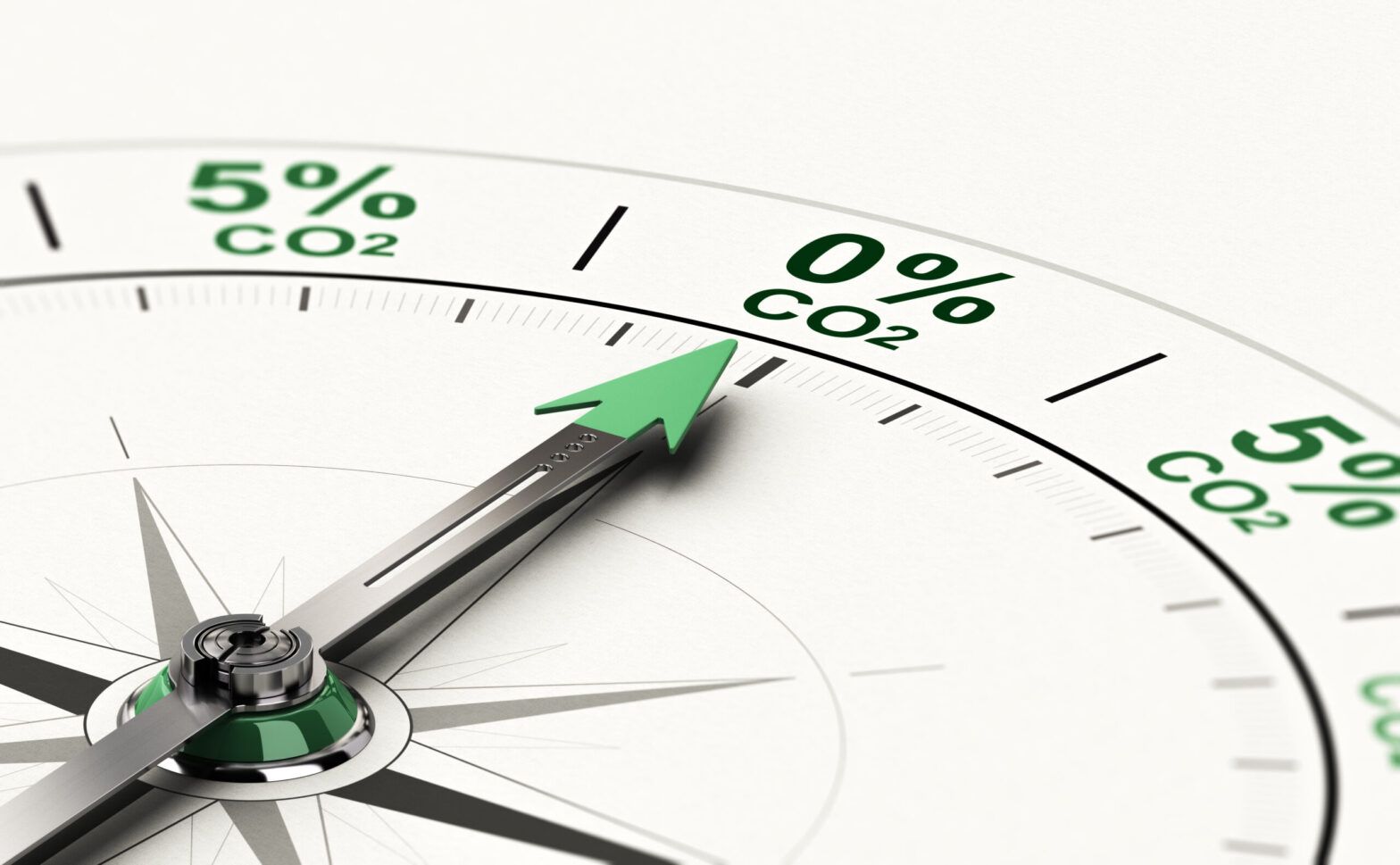Companies need to be more transparent about their plans for carbon offsetting according to the Net Zero Tracker initiative, which said it is “extremely difficult” to obtain the information.
A database launched by Net Zero Tracker compiles data on Forbes2000 companies across G20 countries with total annual revenue of $35.8trn. It also tracks the net zero commitment data on over 1,300 countries, regions and cities.
Of the 1,577 firms 516 (or 33%) have a net zero target, up from 20% last year. This means $16.9trn of these firms’ annual revenue is covered by a commitment to achieve net-zero carbon emissions.
However, the proportion of the companies with what Net Zero Tracker considers “robust” plans is around a third of that at 10%, albeit this is double the 5% of firms with robust net zero plans in 2020.
The initiative noted the quality of commitments is rising, but there was an issue with lack of transparency around how offsets will be used to achieve the targets.
Information gaps
According to figures from the Net Zero Tracker data set available here, of the companies which have stated their decarbonisation strategy is to reach net zero and that they will use carbon offsetting to get there, 68% were unable to say how this would be done.
Dr Angel Hsu, assistant professor and founder of The Data-Driven EnviroLab at University North Carolina – one of the bodies behind the initiative – said it was extremely difficult to get information in the area of carbon offsetting.
Hsu said in her own research on this topic there were regularly gaps in information around the price companies were paying for offsets, where the offsets were located and what percentage of their net zero target they were using and relying on offsets for.
“This is something we need companies to be more transparent about and simply they are not,” said Hsu.
She used the example of California’s internal carbon offsetting regime as one which faces challenges with companies using land-based, forestry offsets which are now increasingly subject to damage from wildfires.
‘Dodgy’ offsets
The professor said it may make more sense for some companies to aim for drastic emissions reductions rather than net zero if the latter means investing up in “dodgy” or poor-quality offsets.
For non-corporate entities, Net Zero Tracker found 18 G20 countries – all but India and Mexico – have formally declare they will move to net zero. It also found large city and regional net zero commitments in the G20 have doubled since 2020. However, 83% of G20 regions and 69% of cities still lack a net zero target of any kind.
According to Net Zero Tracker, the amount of global GDP covered by net zero commitments is on an upwards trajectory – nearly 80% is covered this year versus 68% in 2020. Similarly, the amount of global greenhouse gas emissions covered by net zero targets has increased from 31% last year to 77% in 2021.
Intent to integrity
Richard Black, senior associate, Energy & Climate Change Intelligence Unit – another body behind the initiative – said: “The quality of existing targets is rising, but more than 20% of major G20 firms must urgently shift their targets from intent to integrity if they want to be taken seriously, and the other two-thirds of them—nearly 1,000 firms—need to quickly wake up to the reality of this transition.
“Our analysis indicates that G20 businesses, and in some cases cities and regional governments too, are leading national governments, that have not yet set quality net zero targets. If ambition loops can be created across whole economies, it’s clear that countries can move at an eye-popping rate towards net zero.”








